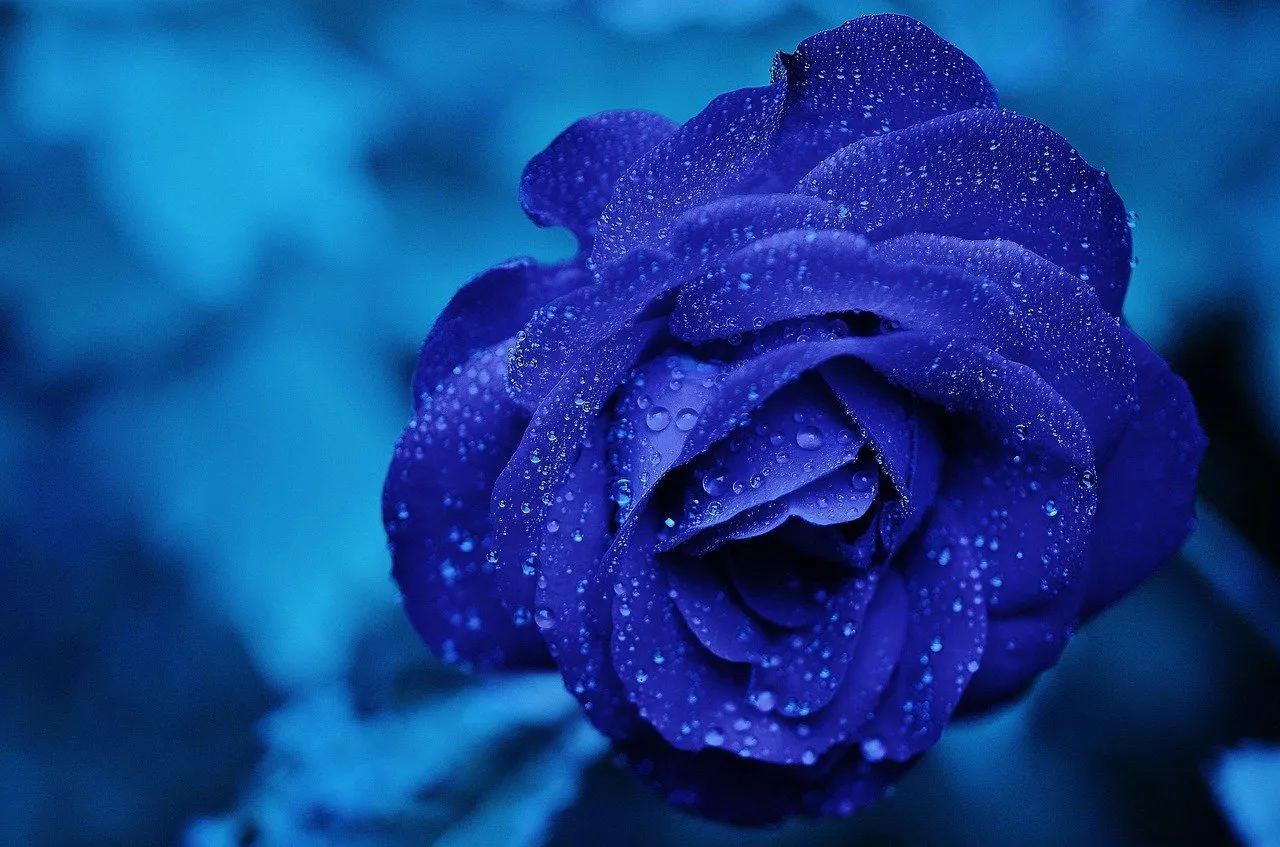
When I quit school to teach myself at age 14, it was initially to flee the borderline abusive incompetence of small town public education. School officials kept making trouble for me, so I left. This was perhaps the single best decision of my youth. Without an oppressive institution feeding me lies, I thrived.
I ended up learning all of the usual stuff and then some. Broadly, I studied alternatives to the status quo and enjoyed lots of time in the forest. At age 15, I spent months sleeping under a tarp on a wooded island in the St Croix River. At 18, I was an environmental activist living out of a backpack. By my early twenties, I was much more comfortable with rainbow gatherings and communes than I'd ever been in mainstream society.
The path I was on could have easily led to an off-grid existence on some counterculture commune. Instead, chronic illness took me in a different direction, forcing me into dependence on the system that I loathed. This was my basic condition from my mid twenties through my late thirties as crippling cluster headaches greatly constrained my activities.
During this period, my perspective shifted. Unable to escape society for medical reasons, I turned my attention to transforming society with art and technology. This shift, from escapism to transformation, completely rearranged my priorities. It also showed me grounds for optimism.
As my own outlook was improving, society was deteriorating. In 2014, I got a job documenting society's descent into dystopia, summarizing news reports about corruption for WantToKnow.info. This job forced me to look at systemic problems on a regular basis. It also made it increasingly clear that all of these problems are colliding with each other on a grand scale.
These days, I feel like I'm following the rules of our dystopian society while fully expecting things to fall apart at any moment. I'm plugged in, but I've got no faith in the machine. Right now, there's a bullet hole in the window of my local coffee shop, from a gun battle involving automatic weapons and several vehicles. That kind of stuff has been common in my neighborhood since last summer's civil unrest. This unrest didn't happen in a vacuum. Pandemic policies may have contributed to it by sowing widespread discontent and amplifying traditional inequities.
It's weird being a good citizen under a freaky control regime. I vote, but I don't mean it. Paying taxes is like giving lunch money to a schoolyard bully. Shopping is like feeding dollars to robot overlords for prizes. At no point do I feel good about what I'm supporting.
On the other hand, living in dystopia has probably improved my science fiction. And the rise of crypto wouldn't be happening if banks and governments were trustworthy. This dystopia has also provoked an unexpected change in me. I've been an outsider my whole life. From quitting school through decades of chronic illness, my experiences set me apart from others. But now, the way things have become, I no longer feel like an outsider at all.
In fact, I feel like a perfectly normal character in dystopian society. Having long viewed myself a misfit, this new feeling is novel. It's like the world's become so strange that a guy like me actually fits in. I'm not yet totally sure what to make of that.
(Feature image from Pixabay.)
Read my novels:
- Psychic Avalanche is available in print via Blurb and for Kindle on Amazon.
- One Man Embassy is available in print via Blurb and for Kindle on Amazon.
- Flying Saucer Shenanigans is available in print via Blurb and for Kindle on Amazon.
- Rainbow Lullaby is available in print via Blurb and for Kindle on Amazon.
- The Ostermann Method is available in print via Blurb and for Kindle on Amazon.
- Blue Dragon Mississippi is available in print via Blurb and for Kindle on Amazon.
Check out the comic I wrote:
- Finney Vol 1 Immutable Journey is available as a free e-comic.